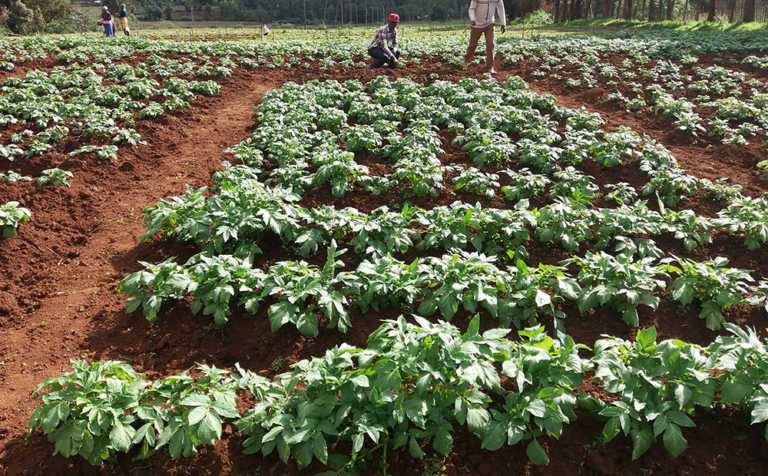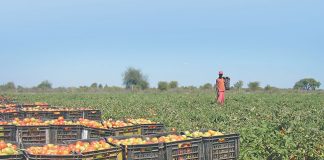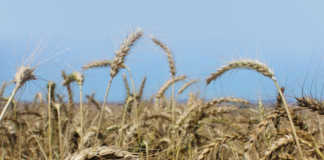
The trials are the result of a 2016 agreement between the Scottish and Kenyan governments to test 10 potato varieties expected to thrive in hot, dry conditions.
These included four free varieties – Hermes, Atlantic, Cara and Russet Burbank – and six commercial varieties.
The trial seeds need to be tested and grown over two seasons in at least three areas in Kenya before going on the market.
There are two growing seasons annually in Kenya, and the UK Agriculture and Horticulture Development Board (AHDB) hopes to reach the end of the trials and approvals, and open the market fully, by early 2018.
Jackie Gibson, export liaison officer for Science and Advice for Scottish Agriculture (SASA), said:
“We sent over 1 200 tubers per variety, 400 of which underwent laboratory testing for soft rots; they passed with flying colours.”
The tubers were planted on three farms in late April/early May. The final 400 are in cold storage and will be planted out in the second season in October.
As the season progresses Kenyan government officials will inspect the produce, and conduct a final inspection after harvest. Any variety that makes it successfully through the two seasons will be added to Kenya’s national list and can then be imported from UK growers.
According to SASA, once British varieties are approved in Kenya, it could open access to neighbouring markets. This would include the 19-country Common Market for Eastern and Southern Africa (Comesa), of which Kenya is a member.
“If a variety is approved in two of those countries it can be marketed in all 19,” Gibson said. “As we already have varieties being exported to Egypt, getting approval in Kenya could open many doors.”
Potatoes are the second most important food crop in Kenya after maize, with up to three million tons grown annually. Most farmers use poor-quality home-saved seed and grow only around ten tons of potatoes per hectare. The home-saved seed is often the source of late blight, bacterial wilt and viruses.
The AHDB said the UK seed should not only be healthier, but produce 40 to 50t of potatoes per hectare.













